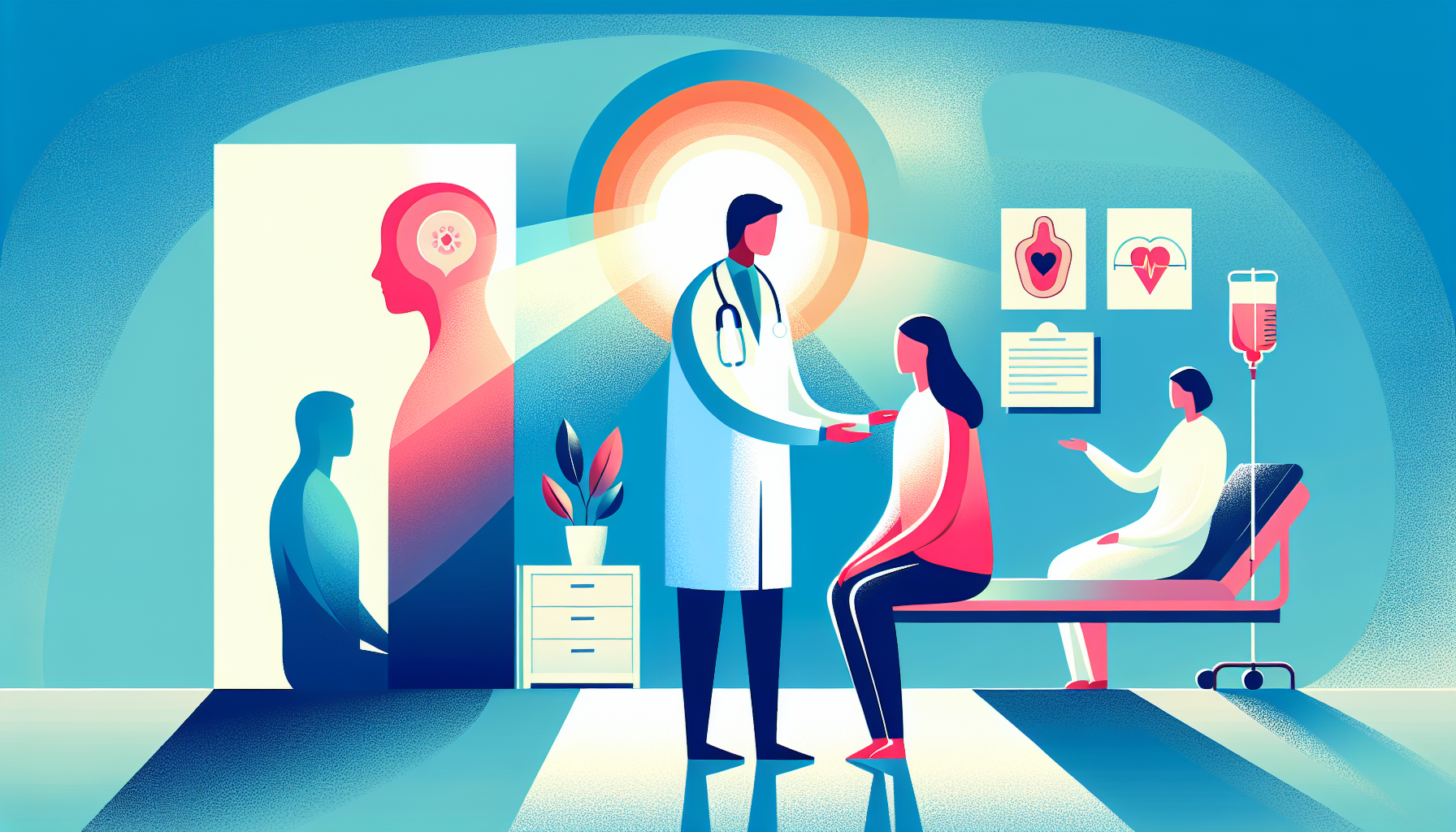When you need medical care, it's important to know what type of specialist can best help you. With so many different types of doctors and other healthcare professionals, it can be confusing to understand who does what. This guide will explain the various medical specialties in easy-to-understand terms.
Physician Specialists
Physicians who choose to specialize in a certain area of medicine complete additional training after medical school. This training, called a residency and fellowship, can take anywhere from 1-5 years. After residency, they may pursue further specialization, which involves several more years of training. Once their training is complete, physicians take exams to become board-certified in their specialty.
Some common physician specialties include:
Cardiologists - treat disorders of the heart and blood vessels
Dermatologists - diagnose and treat skin, hair, and nail disorders
Family Practitioners - provide comprehensive care for patients of all ages
Obstetricians/Gynecologists (OB/GYNs) - care for women, especially during pregnancy and childbirth
Pediatricians - provide healthcare for children from birth through adolescence
Psychiatrists - diagnose and treat mental health disorders
Surgeons - perform operations to treat diseases, injuries, and deformities
There are many subspecialties within these broad categories. For example, a cardiologist may further specialize in treating heart rhythm disorders (electrophysiology) or in performing cardiac catheterizations and angioplasties (interventional cardiology). A complete list of physician specialties and subspecialties is available from the American Board of Medical Specialties.
Other Healthcare Specialists
In addition to physicians, there are many other types of healthcare professionals who play important roles in patient care. These specialists complete training programs and must pass exams to become certified in their fields.
Nurses
Nurses provide hands-on patient care in a variety of settings. Nurse practitioners and clinical nurse specialists have advanced training that allows them to diagnose and treat common health problems, often working in collaboration with physicians. Registered nurses (RNs) and licensed practical nurses (LPNs) provide direct patient care under the supervision of physicians and advanced practice nurses.
Therapists
Therapists help patients regain or improve abilities that have been impaired by illness or injury. Physical therapists focus on restoring mobility and reducing pain. Occupational therapists help patients develop or recover the skills needed for daily living and working. Speech-language pathologists assess and treat communication and swallowing disorders.
Technicians and Technologists
These professionals perform diagnostic tests and procedures using sophisticated equipment. For example, radiologic technologists take x-rays and perform CT scans and MRIs. Clinical laboratory technologists analyze blood, urine, and tissue samples to help diagnose diseases. Respiratory therapists treat patients who have breathing difficulties.
The Healthcare Team
Quality patient care depends on collaboration among the various medical specialists. By working together and communicating effectively, these professionals can provide the best possible outcomes for their patients. As a patient, don't hesitate to ask questions so you understand the roles of those involved in your care.
The Bottom Line
Choosing the right specialist involves understanding their training level, board certification status, and subspecialty focus to match your specific condition. Primary care physicians can guide appropriate referrals and timing based on symptom urgency. If you're unsure which specialist fits your health concerns, Doctronic can help clarify the best path forward.



